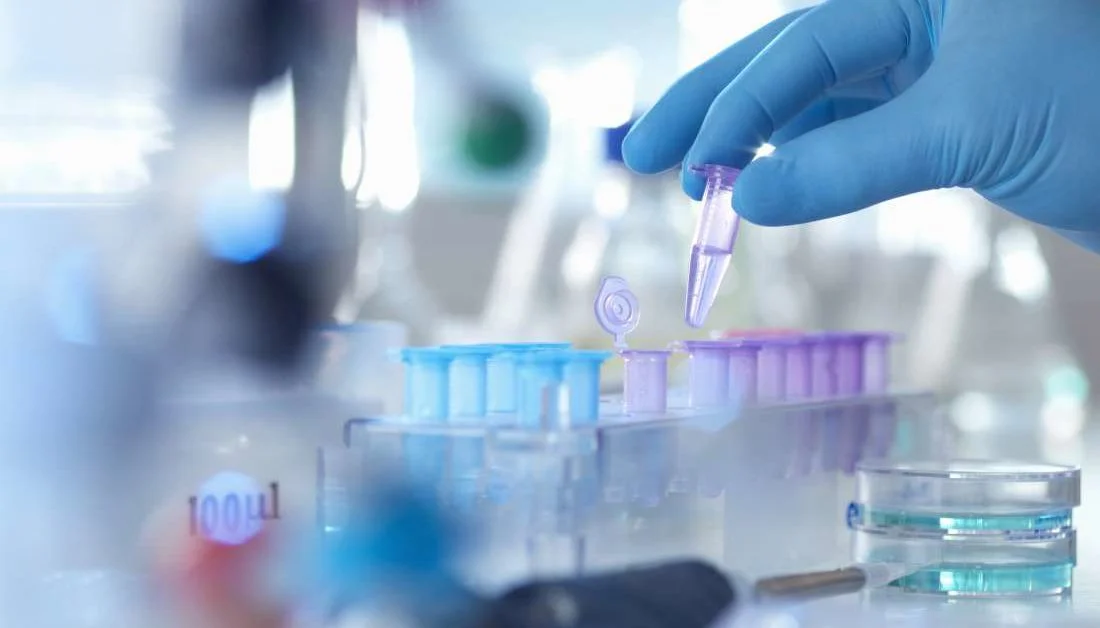Science & Technology, Australia (Commonwealth Union) – A new study conducted by The University of New South Wales (UNSW) and the Garvan Institute of Medical, has revealed that inflammation may pave the way to improved treatments for individuals having advanced cancers or cancers that were untreatable on prior occasions.
The use of bacteria in the microenvironment of a tumor forms a state of acute inflammation that triggers the immune system’s cells of the primary response to target instead of protecting a tumour.
In the beginning of an infection, the 1st cells moving to the locations are neutrophils that are essential for fighting infections.
Researchers of the study indicated that even though they generally defend against disease, they are well known to enhance tumour growth. Increased levels of them in the blood are typically linked with less desirable outcomes in cancer. This is partially due to their formation of molecules that protect the tumour with the suppression of other elements of the immune system.
The study team had noted that injecting inactivated samples of the Staphylococcus aureus microbe into a tumour microenvironment, which is the surrounding area of the tumour that flips the defensive mechanisms of neutrophils.
The findings that appeared in the journal Cancer Research, was led by Associate Professor Tatyana Chtanova at the UNSW, School of Biotechnology and Biomolecular Sciences and Head of the Innate and Tumour Immunology Lab at Garvan. Who indicated that these findings have assisted in the progress of our knowledge of acute inflammation to further develop microbial therapy for cancer.
“In our study we sought to develop new immunotherapies that use different modes of action that could complement and enhance existing immunotherapies,” said Associate Professor Chtanova.
“We show how acute inflammation can be harnessed to achieve ongoing anti-tumour function in immune cells. We also show how microbial therapy can be successfully combined with an existing type of therapy, known as checkpoint inhibitor therapy, to amplify anti-cancer capabilities.”
Microbial therapy is a type of medical treatment that uses microorganisms such as bacteria, viruses, fungi, and protozoa to treat various medical conditions. Microbial therapy can take several forms, including the use of probiotics, bacteriophages, and live biotherapeutic products (LBPs).
LBPs which are live microorganisms have been used to treat various medical conditions. They can be used to restore the balance of microorganisms in the gut microbiome, which has been linked to several health conditions, including obesity, diabetes, and inflammatory bowel disease.
Studies on a range of animal cancer models, that consisted of Lewis lung carcinoma, triple-negative breast cancer, melanoma as well as pancreatic cancer, the avaialability of bacteria enhanced the neutrophils to cause destruction to the tumours.
“Using the immune system to fight cancer has been one of the biggest breakthroughs in cancer therapy in the last two decades, but currently immunotherapy for improving T cell function [another important type of white blood cell] doesn’t work for all types of cancer,” explained Associate Professor Chtanova.
“We decided to use a different type of immunotherapy that targets neutrophils, to understand how generating acute inflammation in the immunosuppressive tumour microenvironment affects outcomes.”
Researchers had evaluated tumours in real time with the application of an unique imaging technique known as intravital imaging.
Researchers further noted that on exposure to bacteria, neutrophils start to secrete molecules that will draw fighter T cells as reinforcement. The focus of this research was for primary tumours, the 1st tumour in the body. “So far we have shown that our microbial therapy can inhibit growth of primary tumours and can also protect against tumour recurrence, which is a major clinical challenge,” added Associate Professor Chtanova. “This suggests that our microbial therapy is achieving not just short-term and localised, but long-lasting and systemic anti-tumour immunity.”











